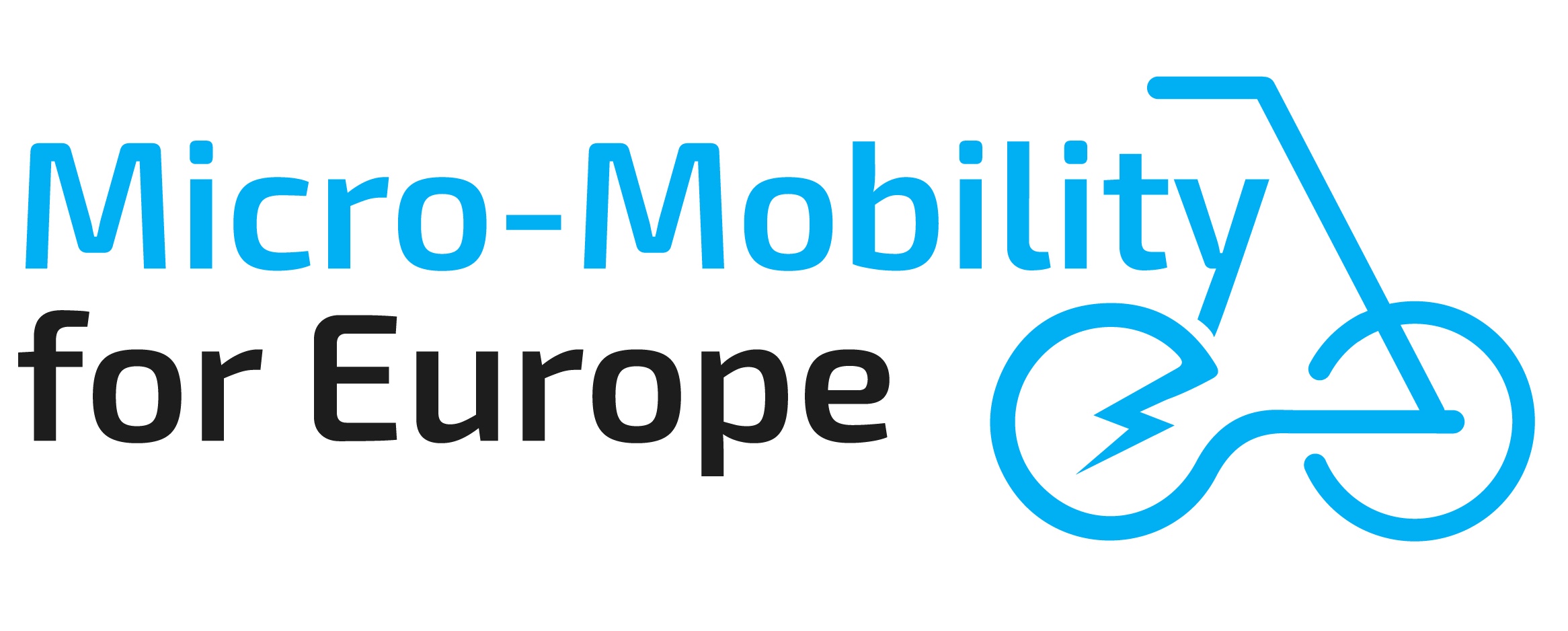September 2025
This is a statement in response to an article published in the Brussels Times on 16 September 2025
Micro-Mobility for Europe (MMfE), the coalition of shared e-scooter and e-bike operators, takes note of the latest figures published by Assuralia on road incidents in Belgium, and associated articles in Belgian media. These numbers highlight the importance of continuing to improve road safety for all vulnerable users, including cyclists and micro-mobility riders.
It is important to stress that shared e-scooter services are not the main driver of the reported increase in incidents. Independent research and industry data consistently show that privately owned e-scooters are more often involved in severe accidents than shared ones. Shared fleets operate under strict speed caps, undergo regular maintenance, and apply geofencing technology to protect pedestrians and enforce no-go zones. In addition, shared services are often paused during adverse winter conditions.
At the same time, the study does not take into account the positive impacts of a shift towards soft mobility, such as improved public health, lower emissions, and reduced congestion. Evidence from across Europe demonstrates that the broader road environment, not the vehicle type, plays the decisive role in safety outcomes. Accident risks are far higher in cities with poor cycling and micro-mobility infrastructure, while investments in segregated lanes and lower car speed limits dramatically improve safety.
Industry data from Belgium shows that the safety of shared e-scooters has improved significantly in recent years. Between 2021 and 2024, the number of all reported injuries per million trips fell by around 40% (from 44 in 2021 to 26 in 2024), while injuries requiring medical treatment per million kilometres dropped by more than 40% (from 3.6 to 3.15). These trends confirm that as ridership grows, from more than 8 million in 2021 to more than 12 million in 2024, safety outcomes improve thanks to stricter rules, safer vehicles, and operator-led innovations such as geofencing and user education.
Policy efforts should build on this progress rather than resort to simplistic measures like mandatory helmet laws. Research shows that helmet mandates do not address the main causes of crashes, car dominance and poor infrastructure and risk discouraging people from cycling and riding, weakening the proven “safety in numbers” effect. Instead, Belgium should prioritise:
Investment in safe and dedicated infrastructure for cycling and micro-mobility,
Reducing speed limits in urban areas,
Discouraging car dependency, the main source of danger on our roads,
Collaborating with operators to promote responsible riding and parking.
Shared micro-mobility is a vital tool to make Belgian cities cleaner, safer, and more livable. By tackling the root causes of road danger—insufficient infrastructure and car dominance, we can ensure that e-scooters and e-bikes continue to contribute positively to mobility, safety, and sustainability.


